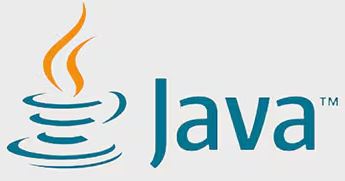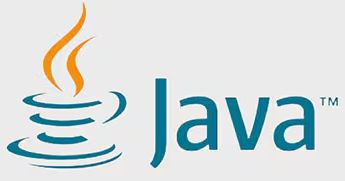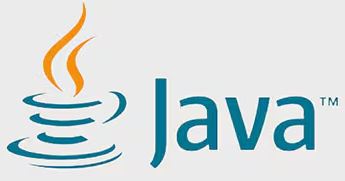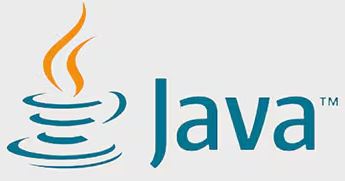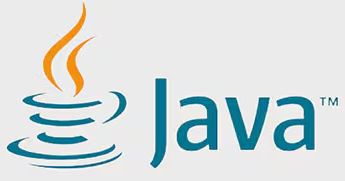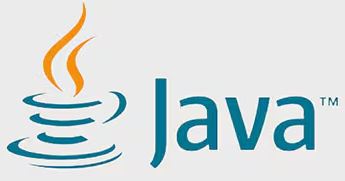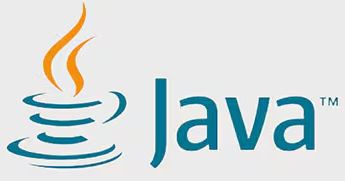-
// 출처: 프로그래머스, // https://school.programmers.co.kr/learn/courses/30/lessons/181936 풀이 과정 class Solution { public int solution(int number, int n, int m) { if(number%n == 0 && number%m == 0 ){ return 1; } else{ return 0; } } }
-
""" 출처:프로그래머스, https://school.programmers.co.kr/learn/courses/30/lessons/389480 """ from collections import deque def solution(info, n, m): q=deque( [ [0,0] ] ) check=deque(info) visited = set([(0,0)]) result=[] while check: # 감당해야할 리스크 da,db=check.popleft() # 리스크를 감당했을 때의 위험도 담는 곳 new_q=deque([]) while q: a,b=q.popleft() if a>=n or b>=m: continue elif a<n and b>=m: new_q.append((a+da,b)) elif a>=n and b<m: new_q.append((a,b+db)) else: new_q.append((a+da,b)) new_q.append((a,b+db)) if len(new_q)==0: return -1 if len(check)==0: result=deque(set(new_q)) else: q=q+deque(set(new_q)) final=[] for last_a,last_b in result: if last_a < n and last_b <m: final.append(last_a) return -1 if len(final) == 0 else min(final)
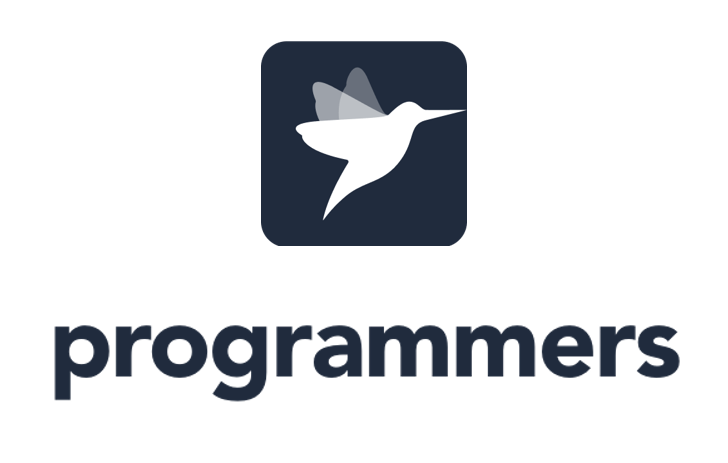
-
// 출처:프로그래머스 // https://school.programmers.co.kr/learn/courses/30/lessons/181939 class Solution { public int solution(int a, int b) { String c=String.valueOf(a); String d=String.valueOf(b); if(Integer.parseInt(c+d) >Integer.parseInt(d+c)){ return (Integer.parseInt(c+d)); } else{ return (Integer.parseInt(d+c)); } } }
-
""" 출처:프로그래머스, https://school.programmers.co.kr/learn/courses/30/lessons/181943 """ // 풀이 과정 class Solution { public String solution(String my_string, String overwrite_string, int s) { String answer = ""; int over_length = overwrite_string.length(); int my_length = my_string.length(); if (over_length > my_length){ for (int i = 0; i < over_length; i++){ if (i<s){ answer+=my_string.charAt(i); } else{ answer+=overwrite_string.charAt(i); } } } else{ for (int i = 0; i < my_length; i++){ if (i<s){ answer+=my_string.charAt(i); } else if( i>=s && i< (over_length+s) ){ answer+=overwrite_string.charAt(i-s); } else { answer+=my_string.charAt(i); } } } System.out.print(answer); return answer; } }
-
/* 출처:프로그래머스, https://school.programmers.co.kr/learn/courses/30/lessons/181947 */ //풀이과정 import java.util.Scanner; public class Solution { public static void main(String[] args) { Scanner sc = new Scanner(System.in); int a = sc.nextInt(); int b = sc.nextInt(); System.out.print(String.valueOf(a) +" + "+ String.valueOf(b)+" = "+(a+b)); } }
-
/* 출처:프로그래머스, https://school.programmers.co.kr/learn/courses/30/lessons/181949 */ import java.util.Scanner; public class Solution { public static void main(String[] args) { Scanner sc = new Scanner(System.in); String a = sc.next(); String[] b= a.split(""); String c = ""; for(String alpha: b){ if(alpha.equals(alpha.toUpperCase()) ) { c+=alpha.toLowerCase(); } else { c+=alpha.toUpperCase(); } } System.out.print(c); } }
-
""" 출처:프로그래머스, https://school.programmers.co.kr/learn/courses/30/lessons/181950?language=java """ import java.util.Scanner; public class Solution { public static void main(String[] args) { Scanner sc = new Scanner(System.in); String str = sc.next(); int n = sc.nextInt(); for(int i=0; i<n ; i++){ System.out.print(str); } } }
-
/* 출처: 프로그래머스, https://school.programmers.co.kr/learn/courses/30/lessons/181951 */ /* import java.util.Scanner; public class Solution { public static void main(String[] args) { Scanner scanner=new Scanner(System.in); String str; str=scanner.nextLine(); System.out.println(str); } } */
-
""" 출처:프로그래머스, https://school.programmers.co.kr/learn/courses/30/lessons/273709 """ #풀이 과정 """ select sum(PRICE) as TOTAL_PRICE from ITEM_INFO where RARITY = 'LEGEND' """
-
""" 출처:프로그래머스, https://school.programmers.co.kr/learn/courses/30/lessons/273710 """ # 풀이 과정 """ select B.ITEM_ID,A.ITEM_NAME from ITEM_INFO as A,ITEM_TREE as B where 1=1 and A.ITEM_ID = B.ITEM_ID and B.PARENT_ITEM_ID is null order by ITEM_ID asc """
